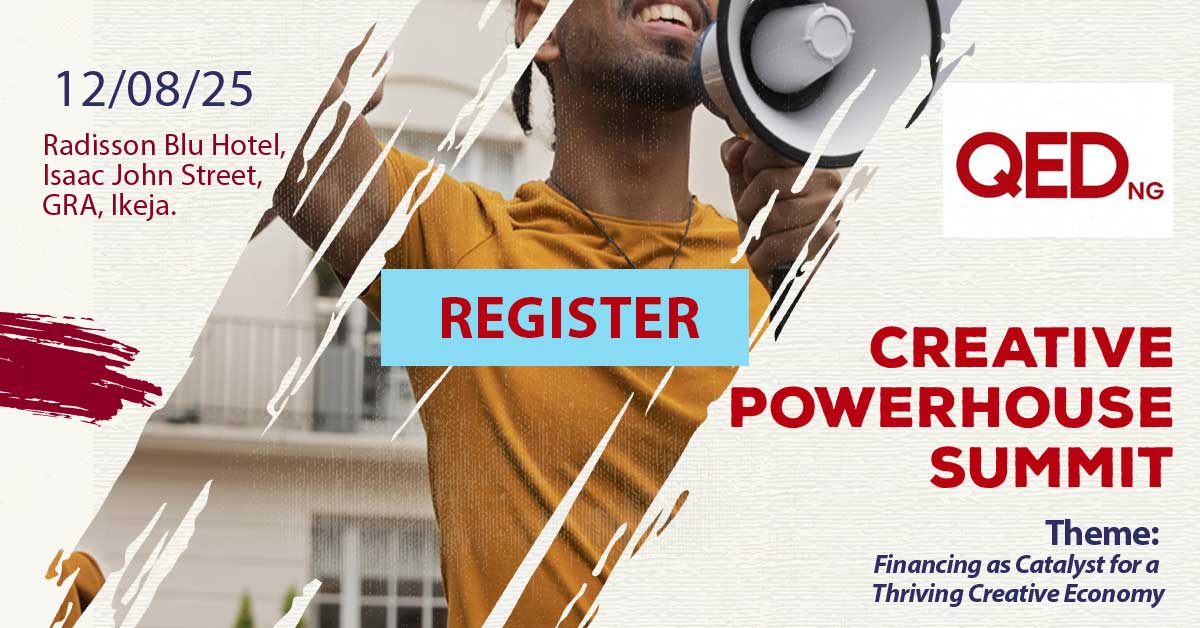Different aesthetics with Tope Babayemi
Twitter: afinjuadaba
Wikipedia lists 378 ethnic groups (some prefer to call them tribes) in Nigeria. The groups have distinct languages but most of them, in the course of social, cultural, political and economic development have adopted the languages of the larger groups. Although Nigeria has a very rich cultural mix augmented by economic resources crucial to development, there is not enough popular understanding of the immense potential of culture to drive development and to contribute to the process of making Nigeria a strong yet welcoming model of sustainable development in Africa and the world.
The problem is that we place too much emphasis on what can be done for culture instead of focusing on what value culture can contribute and add to society. This attitude is not just patronising, it also promotes the “begging bowl” approach to development in culture and provides a basis for the perception that culture is an add-on and not a priority. As I have stated before in this column and in other places, most emerging economies either cannot afford good structures or do not consider culture and the creative industries to be priority. What you often get therefore is a benevolent and paternalistic attitude from those who have been given responsibility to manage culture.
There are tensions created in society by integration, convergence, new technology and the importance of national, regional, cultural and religious identity in a fast changing world. We must navigate these tensions carefully to achieve meaningful and sustainable development. The recently concluded American election that has brought in Donald Trump as president-elect has shaken the very fabric of American society to its roots. Diversity and its effective management which have always been considered as strengths of American society are now issues that are tearing at the soul of ‘God’s own country’ and it is shocking and surprising to many.
The archaic cliché, “unity in diversity” has now been shown to be nothing but political rhetoric. In managing diversity, the American example is a signal that we should rather be promoting the concept of “strength in diversity” rather than “unity in diversity”. Strong parts make a strong whole and so we should be working to strengthen the parts that make our whole in order that the parts can come to the table of nationhood in strength.
Culture unites the different expressions of individual societies on a range of common concepts; philosophical outlook, morality, social conduct and ideology. If it is accepted that culture is one group’s particular set of choices in addressing common factors of life, it follows then that culture will differ in as many ways as there are options of approach. This diversity is best expressed and promoted as many co-existing possibilities, as opposed to one “right way” or a single “only way”. The ideal then is to have many voices in one song and in beautiful harmony.
No doubt, with the Trump victory in America, the world is slowly but definitely becoming more and more ethnocentric. Brexit and happenings in Europe are clear signals. On our part, we need to start looking back and inwards, to sift value from our culture and traditions. There are values and products Nigerian that have potential as global currency if properly developed and promoted. We need to strike the right balance between our traditions and innovation so that our development can be coherent and sustainable.
Nigeria can leverage the power of her diversity by becoming a country where cultural differences are expressed and celebrated, rather than defensively protected as sacrosanct and immutable. The major purpose must be to create a basis for mutual understanding of socio economic and political values, approaches and customs by promoting and celebrating our common humanity. To achieve this, we must begin to approximate and promote the best in and of us; start to actively discourage negative Nigerian stereotypes that promote international perception of corruption as pervasive and endemic in Nigeria and work to delimit the tendency for religious evangelism which threatens national cohesion and development.
If we are able to achieve the above, we would be taking the right steps in renewing a sense of national pride in the citizenry and in stemming the brain drain which has turned many of our best into economic refugees abroad.












